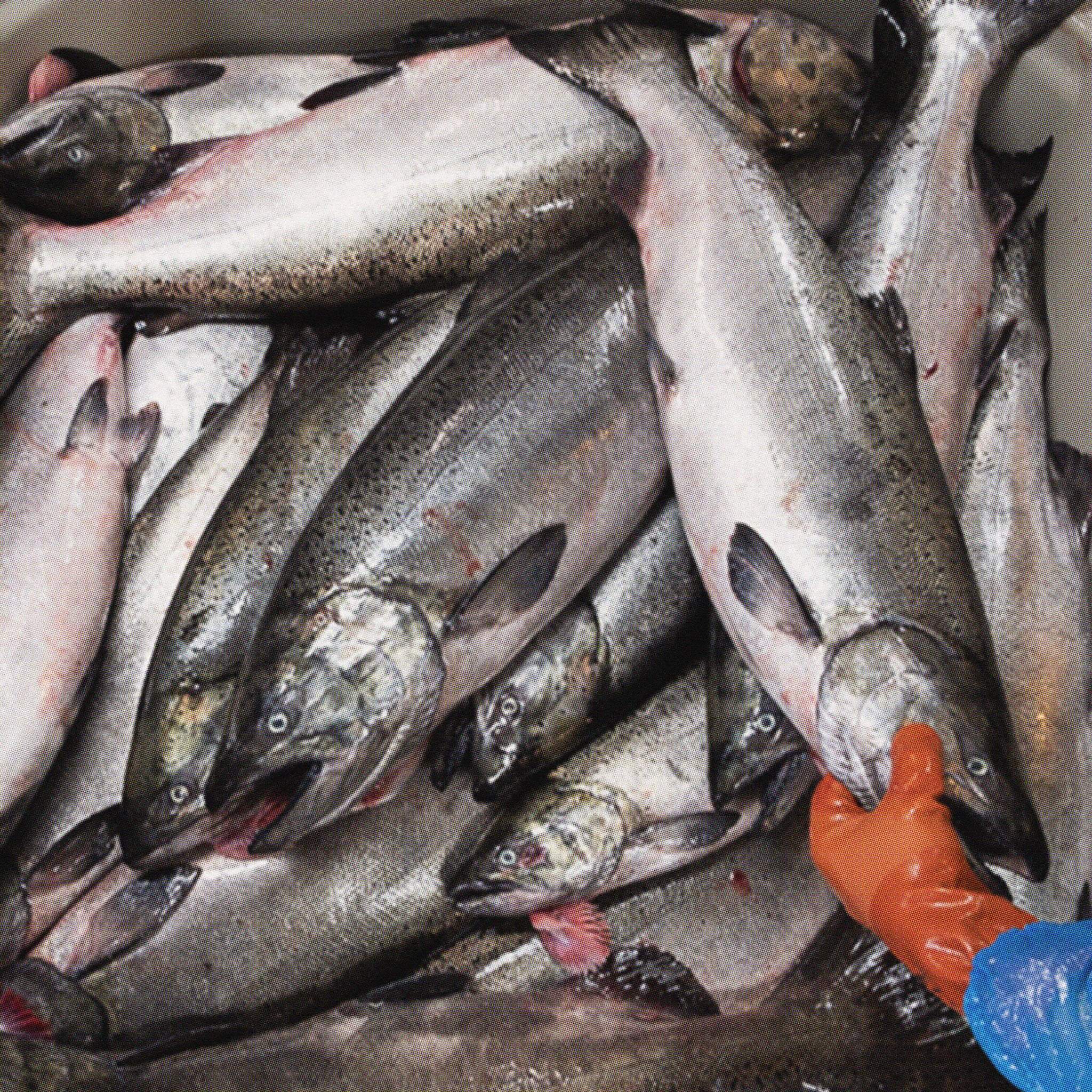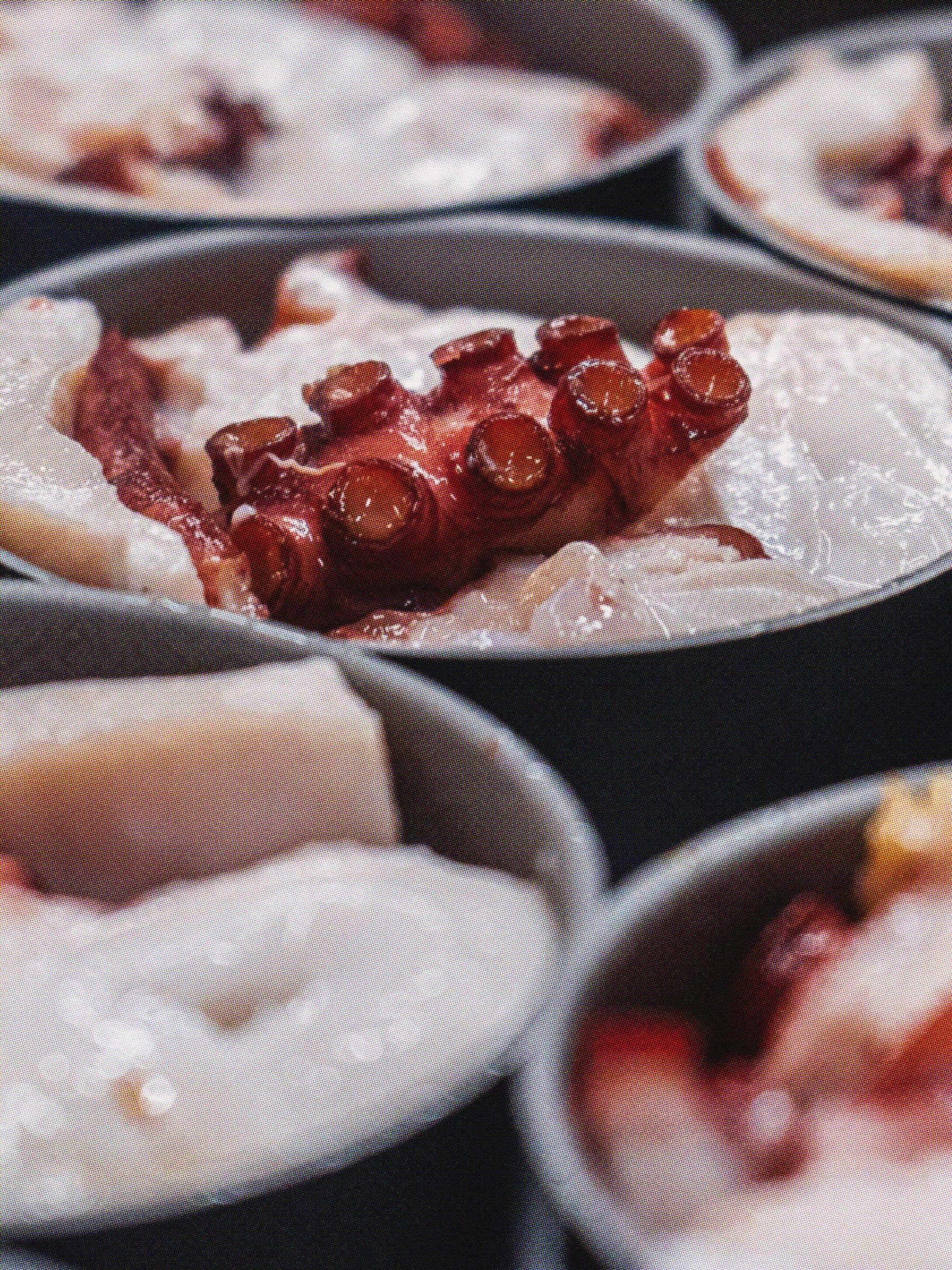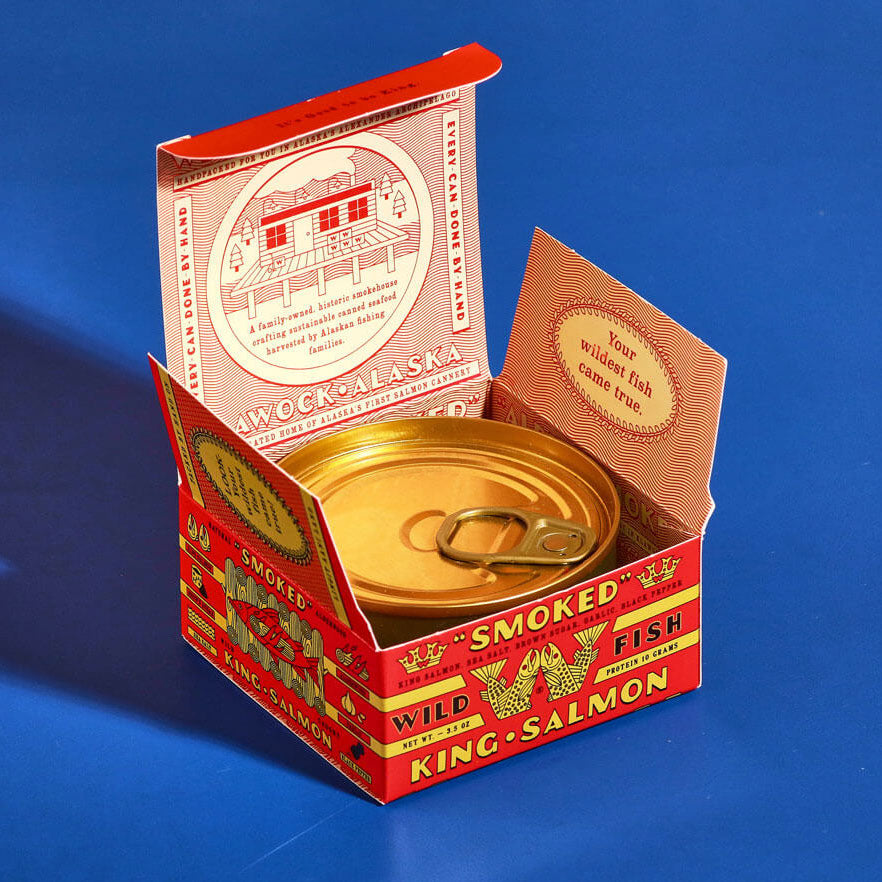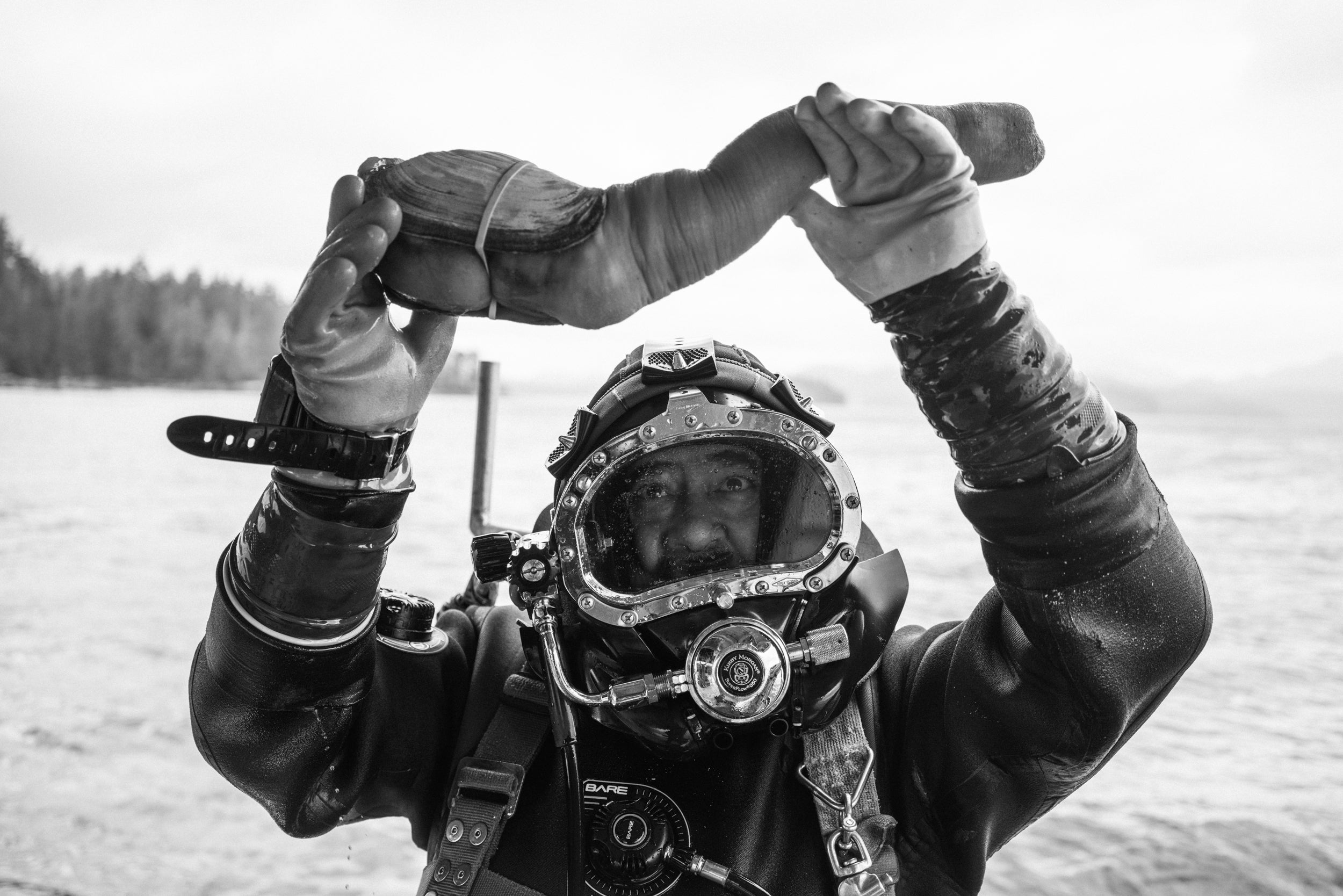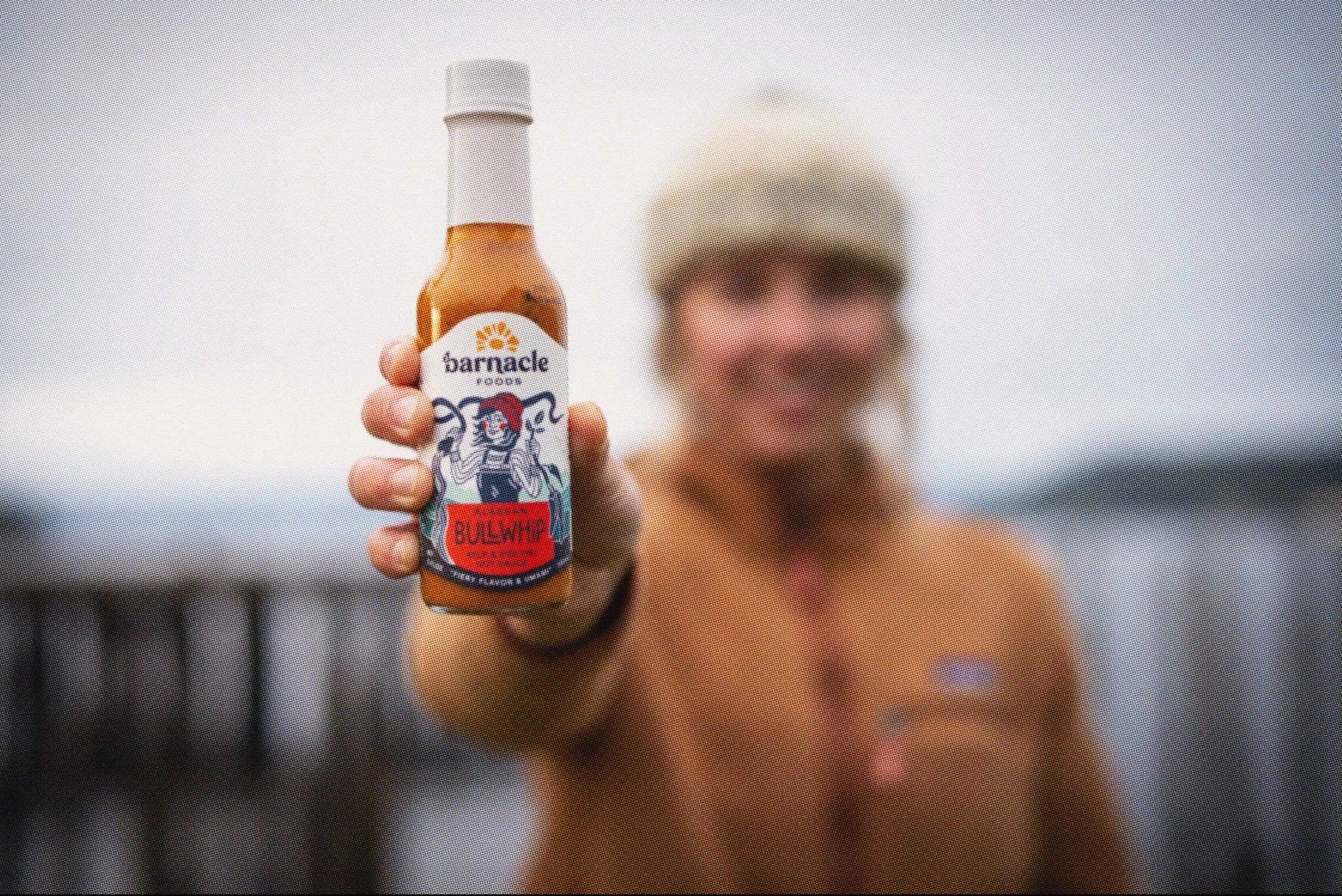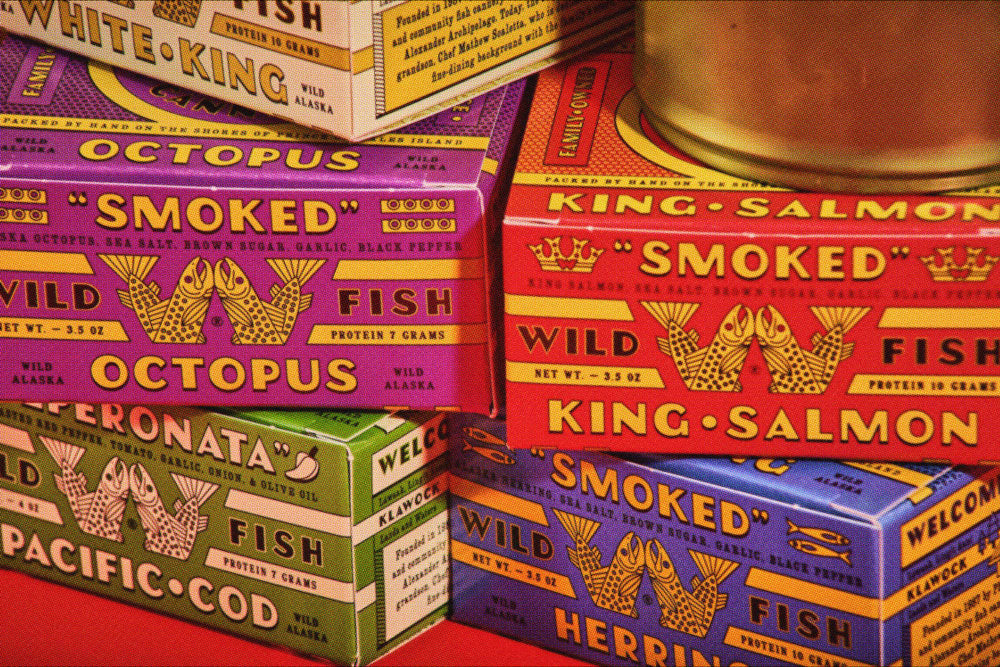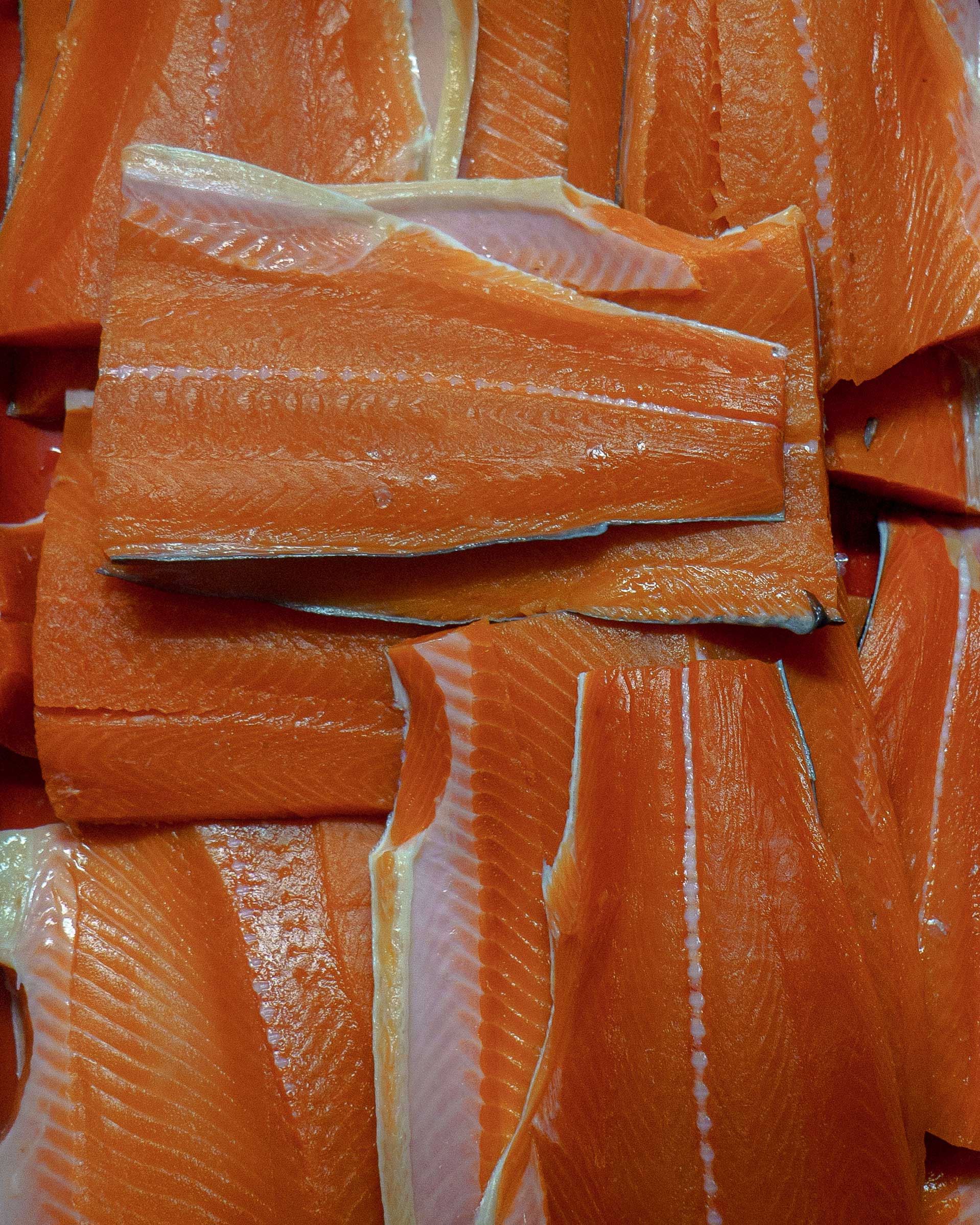

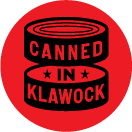
Our fish & process
-
We sure do! Our fish is processed entirely by hand in small batches at our family-owned smokery and cannery in Klawock, Alaska. We’re actually one of few craft seafood canneries operating in North America, so we’re often asked how there are so few canneries yet so many new canned seafood brands. The answer is pretty simple. When a cannery produces cans for another company it's called "private label," and it's not unique to canning but actually very common throughout the food industry. So, if there's a fancy new canned seafood brand in your favorite shop, the likelihood that it was produced by someone like Wildfish Cannery is pretty high!
-
We buy our wild Alaska seafood from members of our community-based fisheries, men and women who share our commitment to quality, sustainability, and ocean stewardship. Our fishermen's harvests span many different fisheries across the great state of Alaska, including hook-and-line (trolling,) purse seining, drift net, and diving. Your purchase supports small-boat fishermen of Prince of Wales Island whose livelihoods depend on the health of our ocean and abundance of our resource.
-
There are five species of Pacific salmon: King, Sockeye, Coho, Chum, and Pink. Often marketed under different names (King is replaced by Chinook, for example,) we prefer these more colloquial terms—what the locals call them!
-
It sure is! From strong regulations to ensuring low-impact, bycatch-reducing fishing methods, Alaska's fisheries are some of the most well-managed in the world, with sustainability written into our state constitution.
-
Unopened canned salmon requires no refrigeration whatsoever and does not require rushed overnight air transportation, meaning excessive energy consumption and carbon emissions are lower than transporting and storing other fresh and frozen seafood products. Our canned salmon packaging is also fully recyclable. Additionally, all salmon from Alaska is wild, with fish farms banned in the state beginning in the early 90s, ensuring a commitment to harvesting responsibly from a naturally occurring ecosystem.
-
We specialize in smoked and canned seafood, but for frozen seafood options we recommend checking out Sitka Salmon Shares, Alaska Gold, or Salmon Sisters. If you're on Prince of Wales and looking for fresh or frozen, stop by our shop for both smoked and non-smoked frozen King salmon, and to chat about fresh availability!
What's inside
-
We use BPA-free cans when we’re able to source them.Here is an articlethat sums up how we feel about the subject!
-
While no ingredients in Wildfish Cannery brand products contain gluten, we do manufacture in a small facility that also custom processes seafood using recipes that may contain soy sauce.
-
We are not kosher-certified.
-
Our products are hand-packed in their own juices and oils with absolutely no additional oil or water.
-
There is a little sugar in our cure that gets rinsed off before canning, so it really only shows up in trace amounts in the final product. Sugar is commonly used when smoking meat to help form what is called a pellicle, which helps capture and build the smoky flavor and appears as that classic "finish" you see on the outer surface of the meat.
-
We remove the bones but leave some of the skin on—because it's nutritious and we think it tastes good!
-
Alaska salmon is a nutritional powerhouse. It is naturally high in many essential vitamins E, C, D and A, and minerals including zinc, iron, calcium, and selenium. Some varieties are very high in vitamin E, an antioxidant, which has proven to strengthen the immune system and lower the risk of heart disease by reducing the buildup of plaque in coronary arteries. You can see full nutrition facts on each product's page.
-
Hand-packed and mindfully arranged, our products inspire a million applications—flaked onto salads, tucked into sandwiches, as the new star of your charcuterie board or simply straight out of the tin. Check out some of our favorite ways to enjoy Wildfish in our Galley.
-
All of Wildfish canned seafood is shelf/pantry-stable for 5 years. Our smoked caviar is good for three. We recommend avoiding exposure to extreme temperature fluctuations, so kept indoors in a pantry is best, vs somewhere like an unheated garage or storage shed. (Though we do encourage bringing on day hikes or overnight outdoor campouts!) Once opened, transfer any uneaten canned goods into an airtight container (to prevent them from drying out too much) and keep in the fridge for up to a week.
-
It's not, really! What a lot of folks don't realize is that those pouches are technically cans. Though they don't look it, the technology is the same. However, tinned seafood is more likely to retain a higher-quality presentation due to the durable packing, ensuring that the salmon is preserved in the same shape and texture as it did when it was packed.
